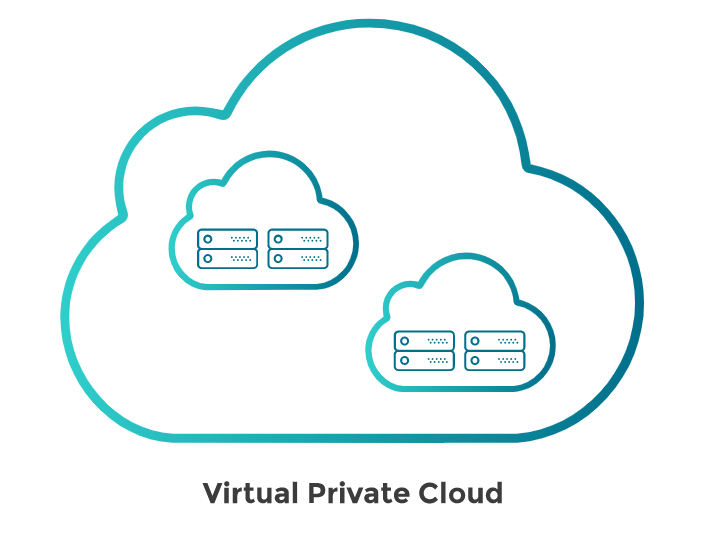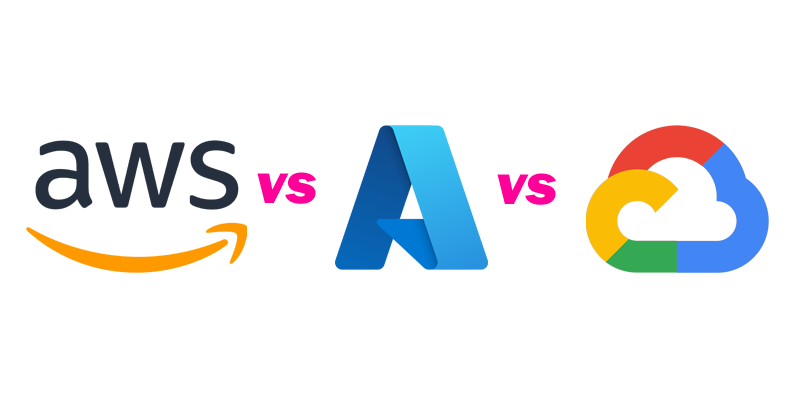About the Mobile App Development Process
The creation of software applications for mobile devices such as phones and tablets is known as the mobile app development process. A typical mobile application requires a network connection to interact with remote computing resources. Consequently, during the mobile app development process, you need to produce installable software bundles (containing code, binaries, assets, and so on), deploy backend services, and test the program on its target devices.
The app development process for mobile devices includes tasks such as concept generation, UI/UX design, coding, testing, and deployment. It can be approached natively, using platform-specific languages, or cross-platform, with a single codebase for many systems.
Mobile Application Device Platforms
iOS and Android are the most popular device platforms for the mobile app development process, dominating the mobile market. Developers frequently target both to reach a larger audience. Here’s a quick rundown of each:
iOS:
- iOS is Apple’s operating system that runs iPhones, iPads, and iPod Touch devices.
- Swift and Objective-C are the two programming languages for iOS app development.
- iOS apps are typically delivered via the Apple App Store.
Android:
- Android is an open-source operating system developed by Google and used by several mobile device makers.
- Java and Kotlin are the predominant programming languages for developing Android apps.
- Android apps are typically delivered via the Google Play Store.
To take advantage of platform-specific features and performance advantages, developers frequently choose to build native apps for each platform. Cross-platform frameworks such as React Native, Flutter, and Xamarin, on the other hand, allow developers to create code once and release it on both iOS and Android, resulting in a more streamlined and cost-effective development process.
Types of Mobile App Development Process
The types of apps development processes are as follows:
- Native App Development Process:
The native app development process of creating programs specifically designed for a single platform, such as iOS or Android. Developers use platform-specific languages, such as Swift for iOS or Java for Android, to optimize efficiency and ensure seamless integration with the device’s features. Native apps development processes offer high-quality user experiences and are often released via platform-specific app stores such as the Apple App Store for iOS.
- Cross-Platform App Development Process:
Cross-platform transforms the mobile app development process by enabling the production of programs that can run on numerous platforms while using a single codebase. Developers may use technologies like React Native and Flutter to create code once and deploy it on both iOS and Android, cutting development time and expenses. This method makes use of frameworks that allow for easy interaction with native functionality while maintaining a uniform user experience across platforms.
- Progressive Web App Development Process:
Progressive web apps (PWAs) are a new method of web development that combine web application experience with native app-like functionalities. PWAs are available via web browsers and provide benefits such as offline functionality, responsive design, and increased speed. They bridge the gap between web and native apps, allowing users to interact with content fluidly even when internet connectivity is limited or non-existent.
- Hybrid App Development Process:
Hybrid app development contains characteristics of both native and web applications. It often incorporates the use of web technologies (HTML, CSS, JavaScript) within a native shell, allowing for cross-platform compatibility. Hybrid apps use frameworks like Apache Cordova or Ionic to bundle web code into a native app for distribution. While hybrid apps have some advantages of both native and web development, they may have performance trade-offs when compared to entirely native solutions.
The complete Mobile App Development Process
Let’s dive into the mobile app development guide for its process. Mobile apps are crucial tools for both organizations and individuals in today’s technological landscape. The route of developing ideas into user-friendly apps is a laborious procedure.
- Define the Idea and Goals: The route to developing a mobile app begins with a clear statement of the app’s idea and goals. Understanding the problem or need that the app seeks to address is critical. It entails developing a solution that customers find appealing and establishing specified, measurable, attainable, relevant, and time-bound (SMART) goals. This first stage establishes the foundation for a targeted and purpose-driven development approach.
- Market Research: Market research is essential for making informed decisions in the mobile app development process. Extensive market research is then conducted, which includes the development of detailed user personas based on demographic and psychographic data. A detailed competitor analysis sheds light on the strengths and limitations of existing solutions, driving the development of distinctive features. Keeping up with market trends ensures that the app meets current customer expectations and technology advances.
- Create Wireframes and Prototypes: With a refined concept and a thorough understanding of the target market, the development team moves on to wireframes and prototypes. Wireframes are blueprints that outline the app’s structure, whereas prototypes are interactive models that allow stakeholders to see the user experience. This iterative process enables early input and revision, ensuring that the final product fulfills user expectations and usability criteria.
- Implement the App Codes: The shift from design to development includes the implementation of app codes. At this stage, developers make critical decisions, deciding between native and cross-platform development approaches based on project needs. The coding phase converts design specifications into actual code, building the app’s architecture and assuring platform compatibility. This is the stage at which the envisioned app becomes a working and physical product.
- Test and Debug the App: This is the most important step in the apps development process because building a strong app involves extensive testing. To discover and address any concerns, many testing steps are carried out, including functional, usability, performance, and security testing. The following debugging process ensures stable and reliable software by correcting any flaws or malfunctions discovered during testing. This dedication to quality assurance results in a superior user experience when the app is released.
- Maintain and Update the App Regularly: The app’s release heralds the start of a new phase centered on continuous maintenance and regular upgrades. This entails monitoring user feedback, reviews, and analytics gives useful information about user behavior. The app’s dependability is enhanced by quick bug resolution, persistent customer support, and compatibility with the most recent devices and operating systems. Regular updates provide new features and improvements, keeping the app fresh, competitive, and in sync with changing user needs and industry trends.
Finally, the mobile app development process is a dynamic and multifaceted journey that necessitates a combination of creativity, technical skill, and a user-centric approach. From ideation to post-launch maintenance, each stage is critical to the success of an app. As technology advances and customer expectations change, adopting a continuous improvement attitude ensures that mobile apps not only meet but surpass user expectations, allowing them to withstand the test of time in a quickly changing digital ecosystem.
Why the Mobile App Development Process is Important
Mobile app development is important in today’s digital ecosystem for several reasons. Firstly, it enables businesses to reach a large and continuously growing mobile user base. Mobile apps improve customer engagement by allowing customers to interact with products or services in a convenient and accessible manner. They also help to increase brand awareness and recognition. Furthermore, mobile apps enable businesses to develop new and personalized customer experiences by leveraging smartphone technologies such as GPS, cameras, and push notifications. With the growing reliance on mobile devices, a well-designed and effective app is frequently an essential component of a successful digital strategy.
Conclusion
In conclusion, the mobile app development process is a comprehensive journey that involves creativity, technical expertise, and a user-centric approach. From the initial idea to post-launch maintenance, each stage plays a crucial role in the success of an app. The industry offers various approaches, including native, cross-platform, progressive web, and hybrid development, allowing developers to choose the best fit for their projects.
The significance of mobile apps cannot be overstated as they offer a direct and personalized way to interact with customers. Through data analytics, these apps deliver convenience, accessibility, and important insights. In our digitally-driven world, mobile apps boost brand visibility and loyalty, serving as a strategic tool for effective marketing and helping organizations remain relevant and connected with their audiences.
Why You Should Choose Liquid Technologies for Your Mobile App Development Process.
For several convincing reasons, Liquid Technologies stands out as a suitable partner for your mobile app development process. Liquid Technologies offers a variety of experience and knowledge to the table, with a strong track record in IT consulting. The organization is well-known for its dedication to providing high-quality solutions that are suited to the needs of its clients. Liquid Technologies’ development team excels at creating unique and user-friendly mobile applications. Furthermore, the organization prioritizes communication and collaboration, cultivating a partnership approach that keeps clients informed and active throughout the apps development process. With a customer-centric approach and a track record of delivering successful mobile app solutions, Liquid Technologies emerges as a trustworthy and strategic partner for businesses looking for a mobile app development partner.
Liquid Technologies distinguishes itself with its established competence and client-centric approach. Ultimately, this process converts creativity into meaningful solutions, altering our digital landscape.
FAQs
- Which platforms are most popular for the mobile app development process?
iOS and Android are the most popular platforms for developing mobile apps. Developers frequently target both to reach a larger audience. Swift and Objective-C are used by iOS, whereas Java and Kotlin are used by Android. Both systems offer app shops, the Apple App Store for iOS and the Google Play Store for Android.
- What Kinds of Mobile App Development Processes Exist?
Mobile app development techniques are classified into four types: native, cross-platform, progressive web, and hybrid. Each has its own set of traits, benefits, and use cases, catering to diverse development demands and goals.
- What are the major stages of the mobile apps development process?
Ideation and goal-setting, market research, designing wireframes and prototypes, implementing app coding, testing, and debugging, and frequent maintenance and updates post-launch are all important steps in mobile app development.
- What role do wireframing and prototyping play in the mobile app development process?
Wireframes explain the structure of the program, whereas prototypes give interactive models. They allow stakeholders to picture the user experience early in the development process, allowing for feedback and revision beforehand.





















